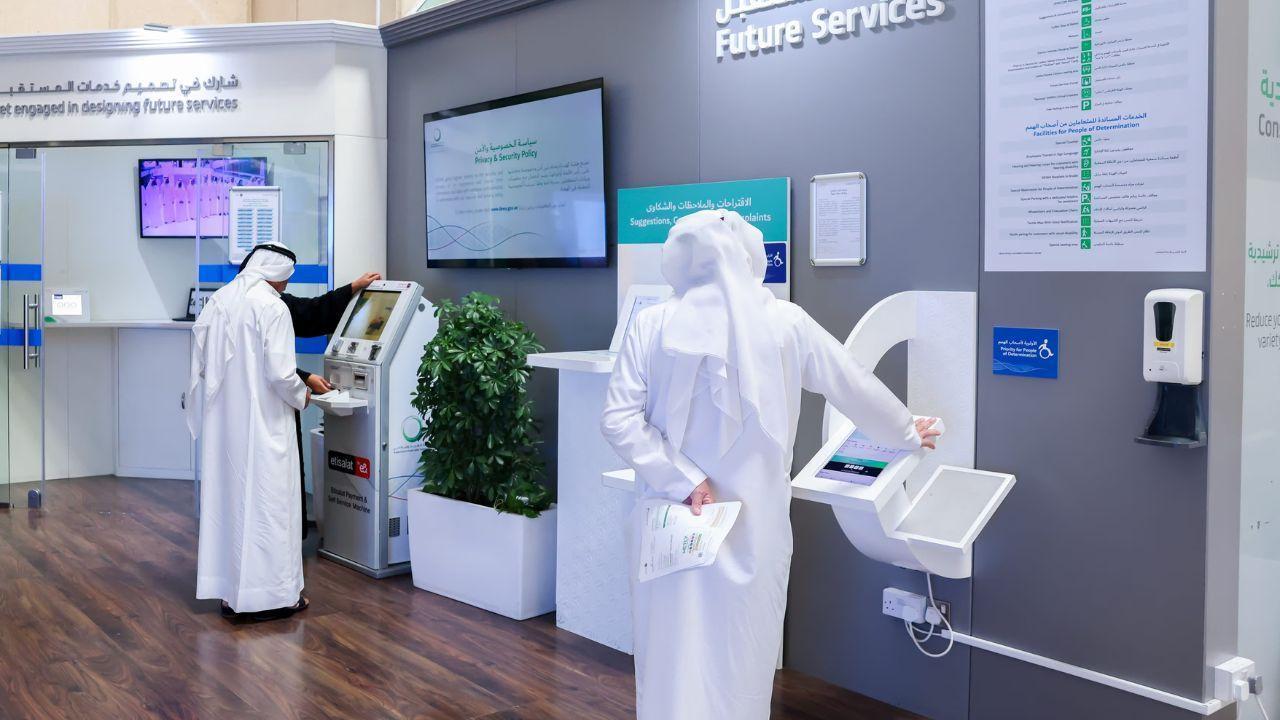
Post by: Vansh Kumar
In today's fast-paced world, healthcare is undergoing a major transformation, thanks to the rapid advancements in technology. The integration of cutting-edge innovations has revolutionized how medical professionals diagnose, treat, and manage diseases, leading to improved patient outcomes and, in many cases, saving lives. From artificial intelligence (AI) to telemedicine, technology in healthcare is playing a vital role in enhancing the quality of care provided to patients.
If you've ever wondered how technology in healthcare is saving lives, you're not alone. The field has experienced incredible growth, and these technologies are not just about convenience—they are truly lifesaving. Let’s explore some of the most notable advancements that are helping to change the face of modern healthcare.
One of the most significant technological advancements in healthcare is the use of artificial intelligence (AI). AI is helping doctors and healthcare providers diagnose and treat patients with greater accuracy and speed. Through machine learning algorithms, AI can analyze vast amounts of medical data and detect patterns that may not be immediately apparent to human doctors.
AI-powered diagnostic tools have become particularly beneficial in areas like radiology, where AI systems can detect early signs of conditions like cancer, heart disease, and neurological disorders in medical images such as X-rays, MRIs, and CT scans. These early detections often lead to faster treatments and improved patient survival rates. For example, AI has been shown to outperform human doctors in detecting breast cancer in mammograms, significantly improving early diagnosis rates and saving lives.
Another technology that is dramatically improving healthcare is telemedicine. With telemedicine, patients no longer need to travel to a doctor’s office for routine check-ups, especially in rural or underserved areas. Instead, they can connect with healthcare providers remotely, either through video calls, phone calls, or messaging services. This is especially valuable for patients with chronic conditions who need frequent monitoring or for individuals who live in areas with limited access to healthcare facilities.
Telemedicine has been a lifeline during the COVID-19 pandemic, allowing patients to receive medical consultations without leaving the safety of their homes. In many cases, this has helped to prevent the spread of infectious diseases and has made healthcare more accessible to a broader population. Furthermore, telemedicine also plays a crucial role in mental health services, where patients can receive therapy or counseling without the need for an in-person visit, breaking down barriers to mental health care.
Wearable health devices are another game-changer in healthcare. These devices, such as fitness trackers, smartwatches, and other wearable gadgets, allow patients to monitor their health in real time. For example, devices like the Apple Watch can track heart rate, detect irregular heart rhythms (such as atrial fibrillation), and even send emergency alerts to medical professionals if a serious issue arises.
These devices can also track physical activity, sleep patterns, and blood oxygen levels, providing both patients and healthcare providers with valuable data that can be used to make informed decisions about care. Wearable health technology has become especially important in managing chronic conditions like diabetes, as patients can continuously monitor their glucose levels and adjust their treatment accordingly.
In some cases, these wearables can even save lives. For example, some smartwatches can detect falls, alert emergency contacts, and even call 911 if necessary, potentially saving the life of an elderly or vulnerable individual.
When it comes to surgeries, precision is paramount. Robotics has revolutionized the surgical field, offering greater accuracy, smaller incisions, and faster recovery times. Robotic-assisted surgery allows surgeons to perform complex procedures with greater precision than traditional methods, reducing the risk of complications and improving patient outcomes.
For example, robotic systems like the da Vinci Surgical System allow surgeons to perform minimally invasive surgeries with enhanced vision and precision, which can lead to reduced pain, quicker recovery times, and fewer complications. These systems are used for a variety of procedures, including prostate surgery, heart surgery, and gynecological procedures. In some cases, robotic surgery can even reduce the risk of infection, contributing to better survival rates.
The integration of big data and predictive analytics in healthcare is transforming how medical professionals approach patient care. By analyzing large volumes of health data—from patient records to environmental factors—healthcare providers can predict health trends and potential outbreaks. Predictive analytics can identify at-risk patients long before symptoms of serious conditions appear, enabling early intervention.
For example, predictive analytics can help identify individuals at high risk of developing conditions such as diabetes, heart disease, or even sepsis. Early detection and prevention of these conditions are crucial for saving lives and reducing long-term healthcare costs. By leveraging big data, healthcare systems can optimize resources, reduce waste, and improve overall efficiency.
How technology in healthcare is saving lives is a testament to the incredible impact of modern innovations on medical care. From artificial intelligence (AI) improving diagnosis accuracy to telemedicine offering remote consultations, technology is making healthcare more accessible, efficient, and life-saving. Wearable devices help monitor health in real time, while robotics enhance the precision of surgeries. Big data and predictive analytics enable early detection of health risks, leading to timely interventions. As technology continues to evolve, the future of healthcare promises even more advancements that will save lives and improve patient outcomes.
This article is published by DXB News Network for informational purposes only. While every effort has been made to provide accurate and up-to-date information, readers are advised to consult healthcare professionals for medical advice. DXB News Network is not responsible for any decisions made based on the content provided. Always verify technological claims and product functionalities before making healthcare decisions.
#trending #latest #Robotics #PrecisionSurgery #FasterRecovery #MedicalInnovation #HealthTech #SurgeryTech #HealthcareAdvancements #SmartSurgery #TechInHealthcare #FutureOfSurgery #breakingnews #worldnews #headlines #topstories #globalUpdate #dxbnewsnetwork #dxbnews #dxbdnn #dxbnewsnetworkdnn #bestnewschanneldubai #bestnewschannelUAE #bestnewschannelabudhabi #bestnewschannelajman #bestnewschannelofdubai #popularnewschanneldubai

Smart Saving and Investment Tips for Your 20s and 30s...Read More.

How to Prepare Today’s Students for Tomorrow’s Job Market...Read More.














Death Toll Rises in Myanmar, Bangkok Collapse; Rescue Ops Ongoing
The death toll from Myanmar's 7.7-magnitude earthquake rises to 1,644. Bangkok building collapse kil

Daria Kasatkina Switches to Australian Flag in Tennis Career
Daria Kasatkina, world No. 12, announces she's switching to represent Australia in tennis after gain

Salman Khan’s Sikandar Shines on Ain Dubai Before Release
Dubai lit up Ain Dubai with Sikandar visuals ahead of its release! Salman Khan’s Eid action blockbus

Small Plane Crashes into House in Minneapolis Suburb
A small plane from Iowa to Minnesota crashed into a house near Brooklyn Park. No survivors on board;

Partial Solar Eclipse to Be Visible Across Northern Hemisphere
A partial solar eclipse will be visible on Saturday from Canada to Siberia, with the best views in n